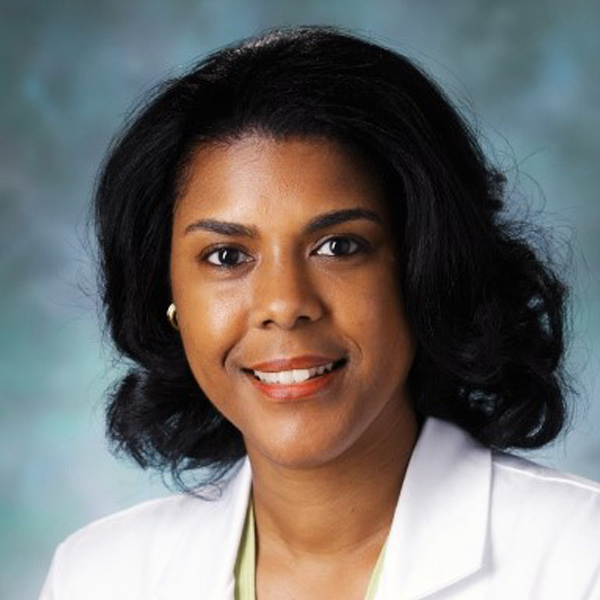Takeaway
Taking the time to listen to patients' stories validates the humanity that is integral in the practice of medicine. It also can create meaning and bring joy within the patient-clinician dyad.

Connecting with patients | February 24, 2020 | 1 min read
By Sharon Solomon, MD, Johns Hopkins Medicine
Have you ever listened to “StoryCorps” on National Public Radio? This weekly segment provides listeners with a candid, unscripted conversation between two people about what is important in life and love, loss, family, and friendship. Their mission is to preserve and share humanity’s stories in order to build connections between people and create a more just and compassionate world. Despite their brevity, probably less than three minutes each, the segments present the ultimate “mindful moment” about some truth that we have all either experienced or recognize. These conversations are appropriately archived in the Library of Congress—a permanent record of what makes us human.
A willingness to pause
On days that I’m fortunate and the pace of seeing patients in clinic is manageable, allowing for an exchange outside of the ophthalmic issue at hand, I’ve found that there are many “StoryCorps” moments with patients. A willingness to pause and inquire about the patient’s career, family life, or travel, has borne fascinating tales about patients’ courage, endurance, humility, remorse, generosity, and gratitude. From a fallen officer confessing his racist practices in the past to a retired astrophysicist lamenting having to part with decades of handwritten notes that support his published theories, there are many moments that confirm what a rare privilege it is to be a clinician and to have access to the core of what makes us all human.
Priceless connections
These priceless connections form a clinician-patient bond that transcend delivery of care in response to disease presentation. They lay a foundation for mutual admiration, commitment, and respect that persist beyond the natural course of the disease process and long after the utility of medical intervention is spent. “StoryCorps” moments are why I celebrate and participate in the triumphs and survival of those for whom I could not save vision as equally as in those who have been given a second chance at sight. “StoryCorps” moments are why I attend patients’ funerals and share in the excitement of their grandchildren’s births. “StoryCorps” moments validate the humanity that is integral in the practice of medicine.

